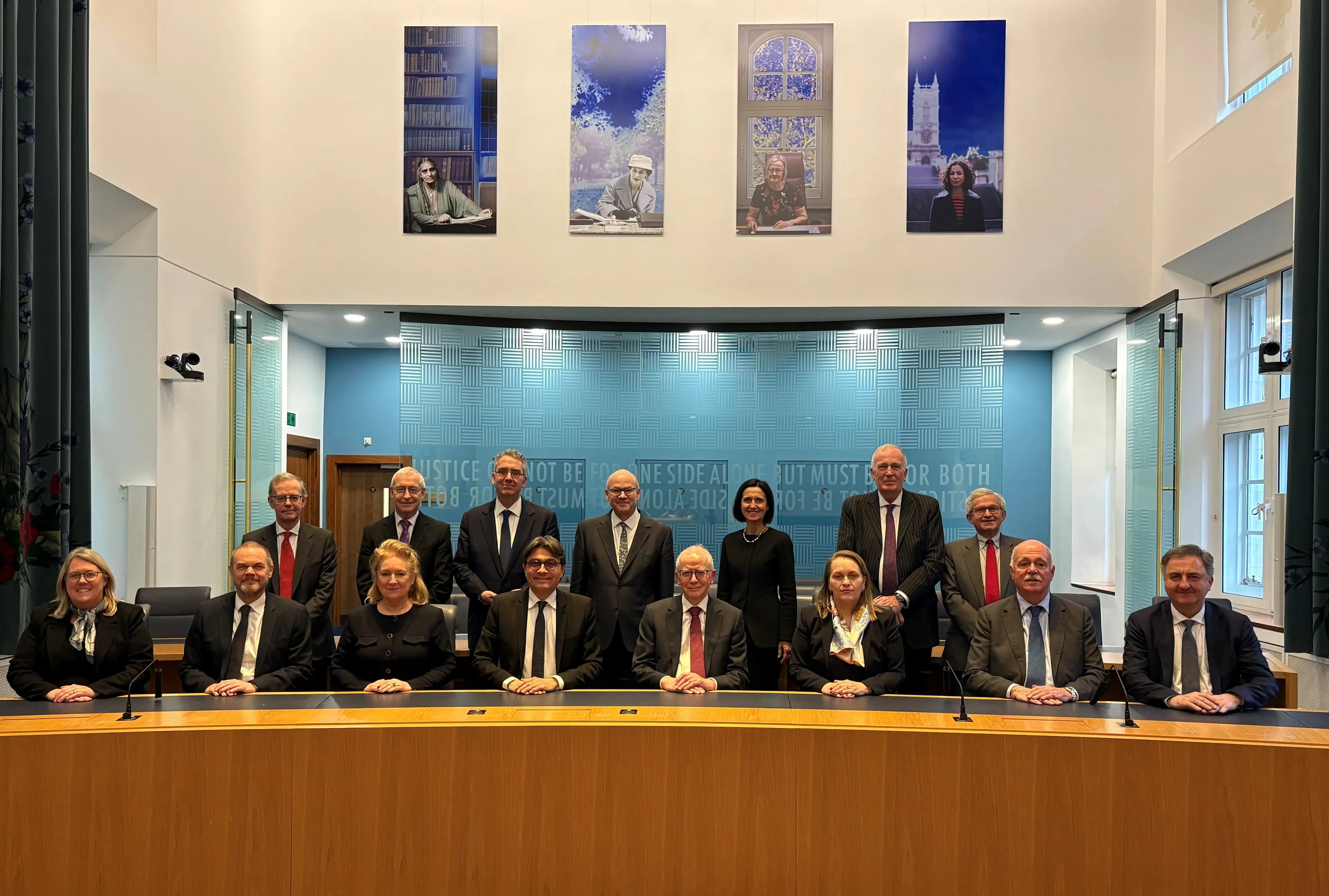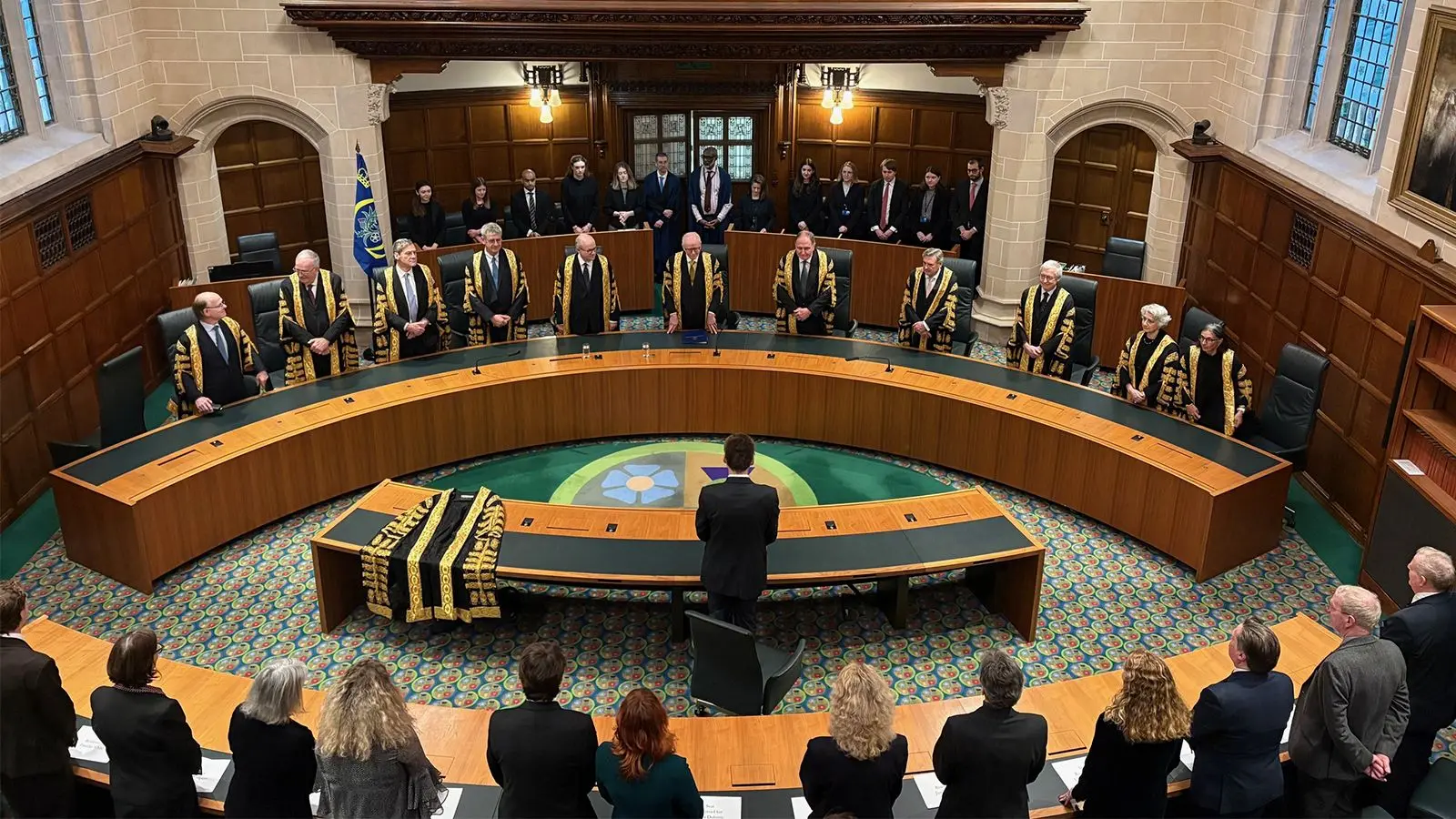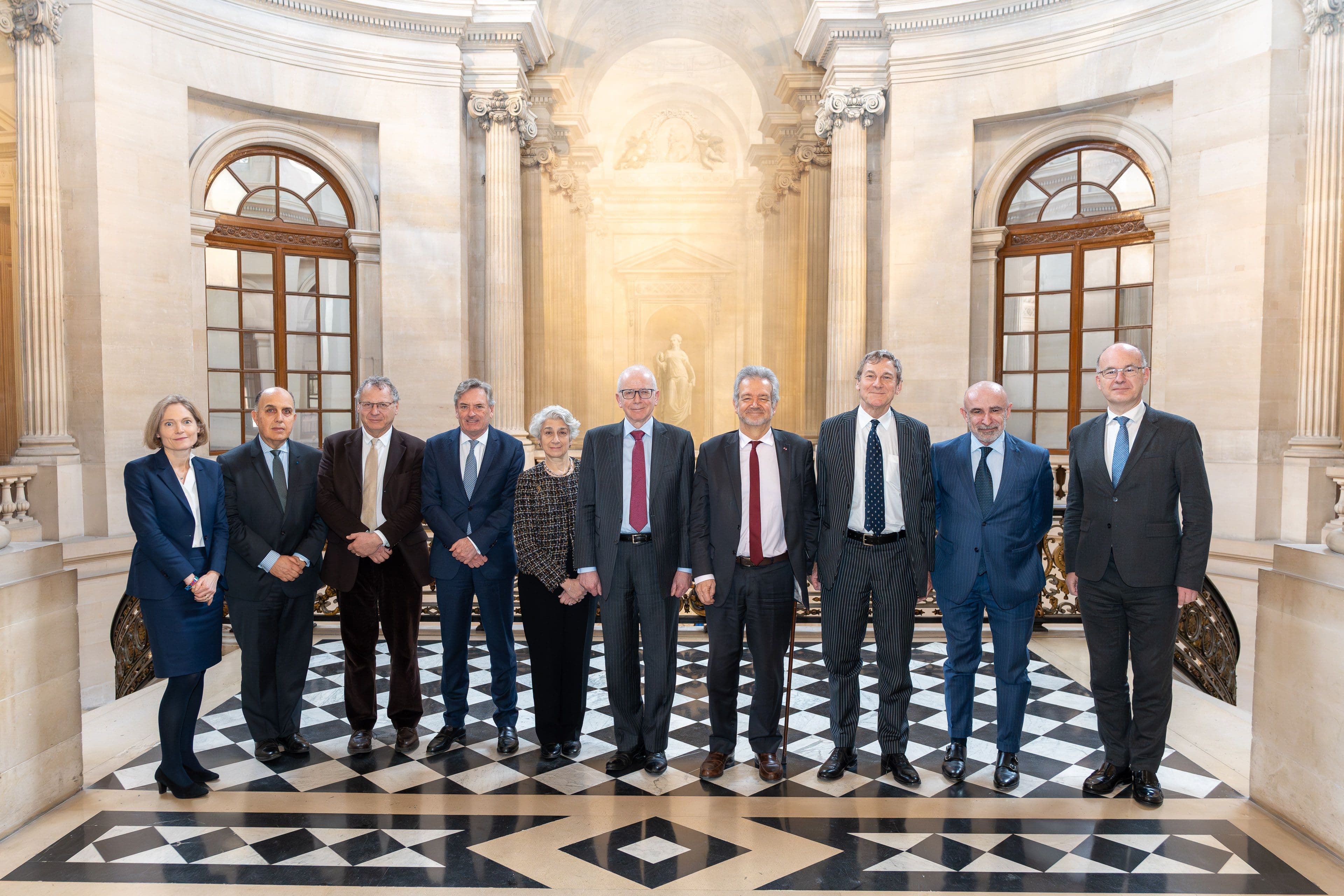News
314 Articles

Bilateral exchange between the UK Supreme Court and the European Court of Human Rights

Future judgments

Latest judgments

Refusal of permission to appeal, and the reasons given for refusing permission to appeal, have no status as a precedent.

The UK Supreme Court welcomed Law students from leading universities to a Panel event on Thursday 29 January, to discuss ‘Why Trust Matters: Public confidence in the rule of law in an age of AI and populism'.

The Judicial Committee of the Privy Council was delighted to welcome Sir Anthony Smellie to London this morning, to take part in a week of hearing cases at the JCPC.

From Professor to UK Supreme Court Justice: Lord Andrew Burrows. The judge discusses his academic background, the working methods of the UK Supreme Court, what constitutes good advocacy, AI and more.

Lord Reed of Allermuir to retire from the UK Supreme Court

Swearing-in ceremonies for Lord Sales and Lord Doherty
![Decision on allowing the appeal Expert Tooling and Automation Ltd v Engie Power Ltd (UKSC/2025/0055) against the decision of the Court of Appeal [2025] EWCA Civ 292](/_next/image?url=%2F_next%2Fstatic%2Fmedia%2Fuksc-news-default.a3bbcabb.png&w=3840&q=75)
In the light of the Supreme Court’s judgment in Hopcraft v Close Brothers Ltd [2025] UKSC 33, it has been agreed between the parties that the appeal against the decision of the Court of Appeal in Expert Tooling and Automation Ltd v Engie Power Ltd [2025] EWCA Civ 292 should be allowed.

Information regarding the swearing in ceremony on 12th January

The UKSC and JCPC Practice Directions were amended on 22 December 2025.

December 2025 Bilateral visit between the Supreme Court of the United Kingdom and the Conseil d’État


The Supreme Court website catalogue at The National Archives. The Supreme Court website catalogue at The National Archives.
Sign up for news email alerts
Sign up to receive email alerts when a news article is published by the Court.

